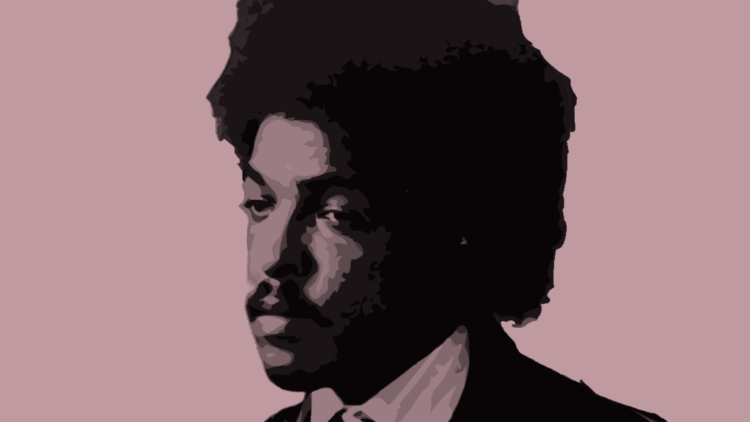BRUSSELS | 27 May 2025 (IDN) — The European Parliament paid tribute to Dawit Isaak, a Swedish-Eritrean journalist and 2009 and 2017 Sakharov Prize finalist with a powerful event spotlighting his story and the ongoing fight for press freedom.
Dawit Isaak has been imprisoned in Eritrea along with 11 Eritrean colleagues since 2001 without trial, one of the world’s longest-standing cases of media suppression. This tribute event featured a screening of “Dawit or Every Century Has Its Own Hideous Face”, a very poignant audiovisual production based on a play by Wolfgang Martin Roth and directed by Luzie Kurth. The film recreates the harrowing conditions of Dawit’s presumed detention — a sweltering metal shipping container — and gives voice to his thoughts, writings, and dreams silenced by the Eritrean regime.
Vice-President of the European Parliament Sophie Wilmès opened the event on 27 May underscoring the EP’s commitment to press freedom and human rights. Following the screening, a panel discussion brought together prominent voices in journalism, policy, and advocacy.
The price of truth
During 2001 a group of politicians and ministers come together to address the way in which Eritrean President Isaias Afewerki is running the country. This group was later named the “G-15”. In a series of letters, they demand that elections be held as promised and for the proposed constitution to be implemented. Dawit Isaak reports on these letters in his newspaper, “Setit”. Dawit’s motto is: “If you have the opportunity to write, do it.”
On September 23, 2001 there is a knock on Dawit’s door. Outside are two security officers, there to arrest Dawit. He, most of the G-15, and many others such as students, are thrown in prison without trial. President Afewerki silenced all forms of debate in Eritrea there and then.
On 19 November 2005 Dawit Isaak is unexpectedly released. When he is seeking medical attention for injuries he has sustained during torture, he is arrested again the following day and thrown into prison once more. In 2005, he is nominated for UNESCO’s Freedom of Press Award by the International Federation of Journalists.
By the end of 2008, Dawit is moved from Asmara to another prison outside of the capital city. The new prison is known for its cruel treatment of the inmates. At the beginning of February, the organization, Eritrea Watch for Human Rights and Democracy (EWHRD) reports that Dawit has been moved to a military hospital and he is feared to be in critical condition.
On May 2009, President Isaias Afewerki says: ”We will not have any trial and we will not free him. We know how to handle his kind. To me, Sweden is irrelevant. The Swedish government has nothing to do with us.”
Keeping the Flame Alive
This event is part of a broader effort to keep international attention focused on Dawit’s plight and to demand his immediate release. Despite over two decades of imprisonment without due process, Dawit Isaak remains a powerful symbol of journalistic courage and resilience.
As the immersive film and the heartfelt discussions made clear, Dawit Isaak is more than a political prisoner — he is a symbol of the unbroken spirit of free expression. Through events like this, his story continues to echo far beyond the walls of his cell.
Source: https://voicesfordawitisaak.com
Image: Dawit Isaak. Voices for Dawid Issak


